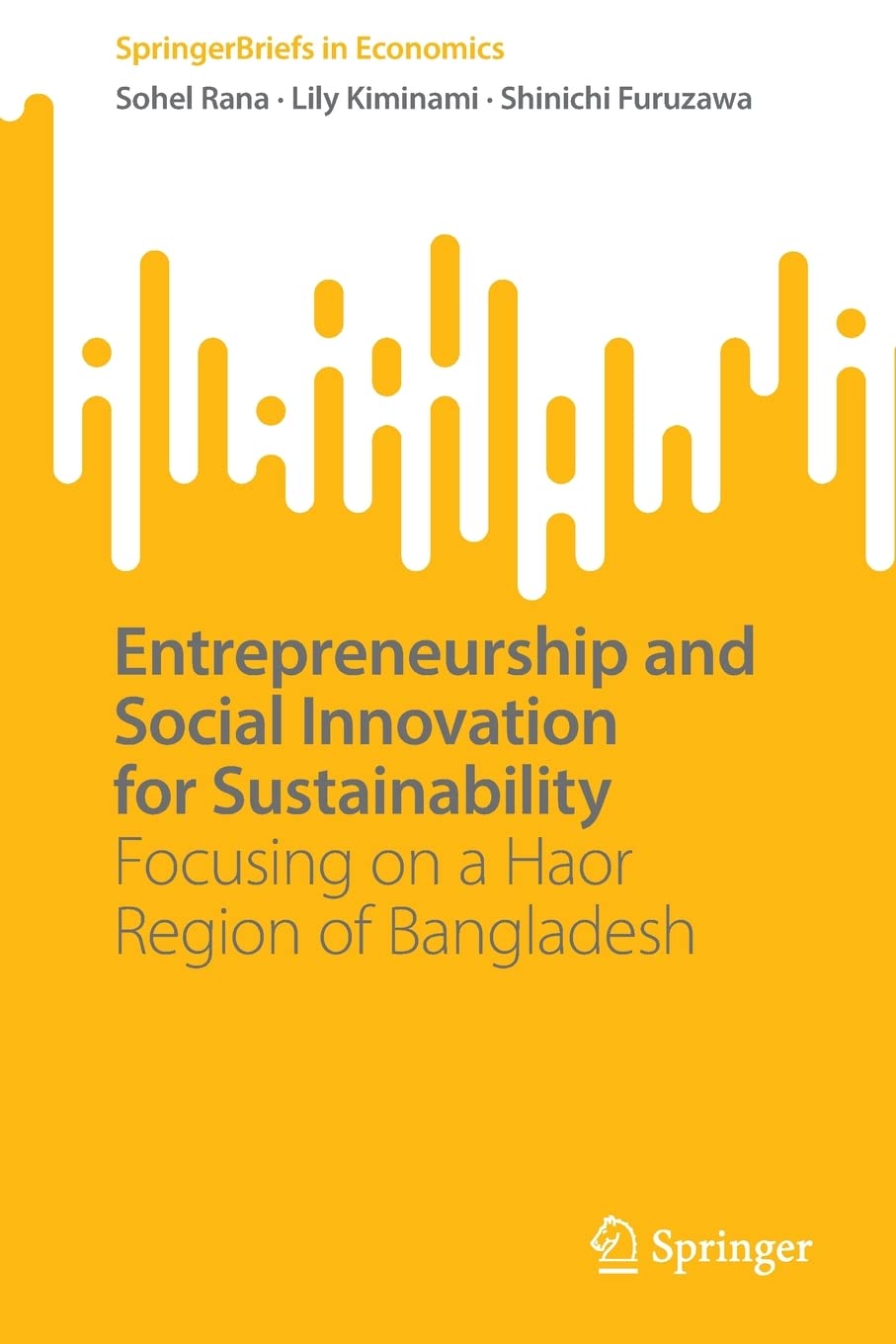

Most ebook files are in PDF format, so you can easily read them using various software such as Foxit Reader or directly on the Google Chrome browser.
Some ebook files are released by publishers in other formats such as .awz, .mobi, .epub, .fb2, etc. You may need to install specific software to read these formats on mobile/PC, such as Calibre.
Please read the tutorial at this link: https://ebookbell.com/faq
We offer FREE conversion to the popular formats you request; however, this may take some time. Therefore, right after payment, please email us, and we will try to provide the service as quickly as possible.
For some exceptional file formats or broken links (if any), please refrain from opening any disputes. Instead, email us first, and we will try to assist within a maximum of 6 hours.
EbookBell Team

4.4
92 reviewsThis book aims to assess the roles of entrepreneurship and social innovation for socio-cultural changes. It also evaluates farmers’ performance in disaster risk management at a community level toward sustainable regional development in a rural haor region of Bangladesh. To achieve the purpose of the research, both a qualitative method (Trajectory Equifinality Modeling, TEM) and a quantitative method (Structural Equation Modeling, SEM) are introduced, based on the results of case studies on local entrepreneurs, interview and focus group discussions with stakeholders, and questionnaire surveys of farm households.
First, the results clarify that social capital is critically important both for male and female entrepreneurs in the haor region, and that education is more important to women for empowerment and technology adoption in the entrepreneurial ecosystem in the haor region of Bangladesh. In addition, it makes clear that the Common Interest Group approach plays a role for women’s empowerment in the target region. Furthermore, it identifies the multi-causal relationships among the factors affecting farm households’ performance in disaster risk management at the community level.
This book helps readers to understand regional development through social and cultural transformation in a rural community where poverty and gender discrimination are path-dependent problems.